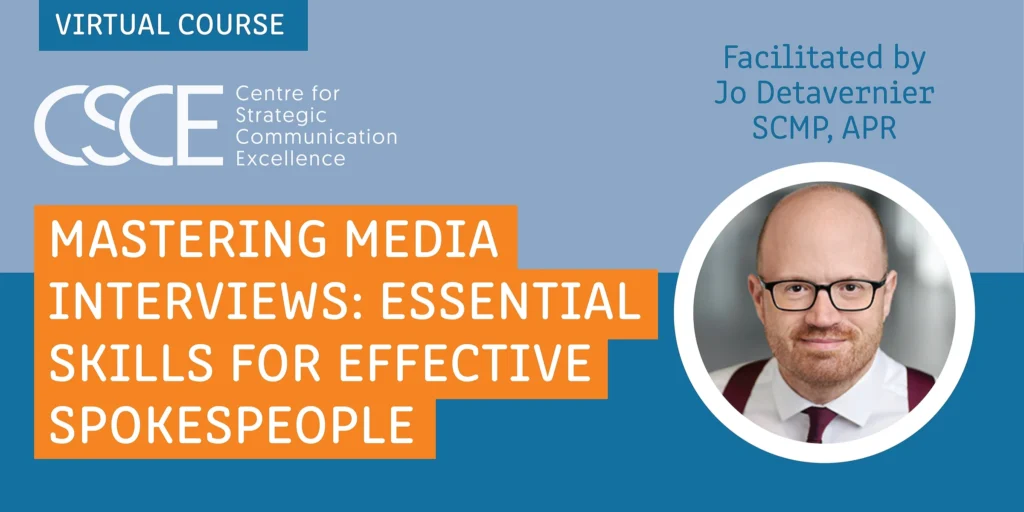Amazon offers 11,247 books on the topic of leadership communication. Google brings up 359,000,000 results in less than a second, 7,140,000 results for leadership communication research and 182,000,000 for leadership communication training.
The topic of leadership communication has been studied, documented, analysed, and taught in the modern era since the early 1800s. But, the importance of leadership communication has existed since humanity first walked the face of the planet a very long time ago. Through early tribal leadership, chiefs, kings and warlords, kings and queens, presidents, military generals, senior executives, middle managers and CEOs the fundamental principles of good leadership communication are not new. In fact, in early history how well the leader communicated often meant the difference between life and death.
Good communication is not only essential for business and personal success, it advances humankind.
Given the many examples of great leadership communication in history and those we can point out today, what is it that many leaders are not hearing or don’t quite understand? This much quoted phrase, “People don’t leave organisations. They leave bad managers,” is a truism.
Peeling back the layers, we might notice that bad managers don’t communicate well. They don’t know how to build trust relationships, are oblivious to their impact on people, they listen to reply and hold the power of their position over employees like a hammer to a nail.
On the flip side, good managers listen more than they talk. They are open to ideas, they collaborate and they listen for and not against. They make a point of matching word and deed and focus on building one-on-one relationships. They are open to feedback and take accountability for their decisions.
Companies typically reward performance. A high-performing employee is so good at what they do, they are promoted to a managerial position. However, an employee who delivers outstanding business results is not necessarily management material. Without the knowledge and skills needed to lead and inspire others, a high-performer will fail in the most fundamental qualities of leadership, among them the ability to communicate and build relationships.
When we think of communication, we often default to what is said or written. We rarely consider how it is said or written, and more importantly how consistent we are between what we say and what we do. Leadership communication has two major pillars: Its impact on the business and its impact on people.
The lesson of great leadership communication has been passed down to us through history. Over the next few weeks, we’ll share some of the leadership communication lessons from those who have gone before.
Meanwhile, download a PDF with some of our favourite insights.






